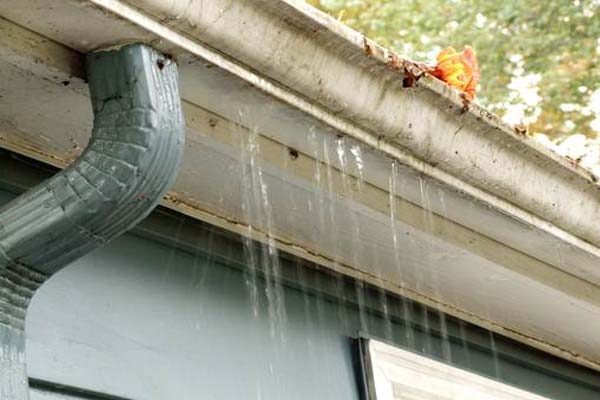In the UK today, vacant buildings are becoming more and more common. The downturn in the economy is one reason, the increasing number of homeless people another. All kinds of properties are affected – residential, commercial, industrial, retail, and others.
A vacant property often stands out like a sore thumb (long grass, a build-up of rubbish, no lights on at night), and is therefore susceptible to vandalism, theft, squatting, property damage and criminal activity. In this article, inspired by Protect Vacant Property we share some tips to help you protect and secure a property.
Squatters – Very often, homeless people seek shelter in vacant properties and may, ultimately, become squatters. Their stay can be lengthy (the court process to remove them doesn’t happen quickly) and in the process, they can cause untold damage to a building. The longer squatters remain, the larger the damage, mess and rubbish left behind.
Theft – A major risk facing a vacant building is theft. Thieves select an unoccupied building because the risk of being caught is minimal. Even if the building has no contents, they will remove things like the copper piping, cisterns, flagstones, decking and so on.
Vandalism – Another major concern for property owners is vandalism. Young people will sometimes break into a vacant property and cause significant damage just for fun! Broken lights, doors and windows, smashed kitchen drawers, broken toilet bowls, graffiti on the walls, and so on.
Weather – Extreme hot and cold temperatures can have a severe effect on the interior of a building. Rain, hail, snow and wind can all cause damage.
If your property is vacant for a period of time, here are a few precautions you can take:
1. Keep the pipes from freezing
During the winter months, keep the temperature set at around 13C so that you stop the pipes from freezing. During the very hot summer months, have someone visit the property to open some doors and windows to prevent damage from humidity (like mould in a bathroom).
2. Seal all openings
Ensure that all doors and windows are closed and secured properly. Leaking water from rain and condensation can cause damage, so make sure the property’s secured and inspected from time to time.
3. Install a security system
One of the best ways to protect your property is to install an alarm system. Alarms deter individuals from attempting to enter your property and will immediately alert authorities if a break-in occurs. You should also inform the alarm system company that the building will be vacant and for how long.
4. Security guards
Another way to deter trespassers and squatters is to hire security guards to patrol the perimeter. They can be contracted to visit the building daily at random times and check everything is in order. At night a guard can be stationed in the building.
5. Lighting
You might want to consider fitting motion sensor lights to help protect your vacant building. Keeping areas around the building well-lit is a great deterrent.
6. Cameras
CCTV cameras fitted to the building help to monitor and identify any vandals who may try to enter or damage your property.
7. Inform your neighbours and other building owners nearby
Another good way to protect a building is to alert your neighbours that it’s vacant and ask them to keep an eye out for any suspicious behaviour. You should also inform the local police and fire departments. In addition, let your utility provider know so they can monitor if any unusual spikes in power usage occurs. The minute any extra electric or gas useage is detected, you’ll know someone has been in the property and you can then do some checks and notify the police.
Essential Maintenance
Finally, it’s important to continue carrying out all necessary maintenance on a vacant property and perform routine checks. The most common maintenance issues include:
Sump Pump – If your property is equipped with a sump pump that removes excess water and protects it from flooding, have it checked regularly to make sure it’s functioning properly.
Snow Removal – Keep snow and ice cleared away from the pathways and the drive in front of your property. If it’s an office building, it may well be your responsibility to keep all the publicly accessible thoroughfares like the pavement outside your office front door free from snow and ice.

Roof and gutters – Any damp patches or leaks in a building hint at a potential problem with the roof. Undertaking a minor repair to the roof is much less costly than having to deal with extensive water damage from leaks. In addition to checking the roof, you should keep all the gutters free of debris, leaves and moss. Clogged gutters lead to poor drainage and can cause water to seep into the property, and this could result in significant and costly damage.




